Belgrade assembly to reconvene on Monday
The resumption of the Belgrade assembly constitutive session has been scheduled for Monday, says the City Press Service.
Saturday, 19.07.2008.
10:44

The resumption of the Belgrade assembly constitutive session has been scheduled for Monday, says the City Press Service. In a statement, the Service says the session will continue according to the adopted agenda. Belgrade assembly to reconvene on Monday The session was called by Branislav Belic, who, as the oldest councilor, will also be presiding. The city assembly is considered to be constituted once a speaker and secretaries have been elected. The deadline for constitution is 60 days after the end of the elections, which, in Belgrade’s case, means July 22. The deadline for the election of mayor, who is proposed by the speaker, is one month after the election of a speaker. The constitutive session of the Belgrade assembly was suspended on July 14 after councilor mandates were verified. earlier todaz, SPS Vice-President Dusan Bajatovic said that holding new local elections in Belgrade was a bad idea and a waste of time. The deadline for constituting the Belgrade assembly expires on Tuesday, but it is still not clear whether the capital will have a new government by then, or whether new elections will have to be called. Last night, however, the Democratic Party (DS) announced that the session where the parliamentary organs would be chosen could be held on Monday or Tuesday. The Socialist Party of Serbia (SPS) vice-president believes a new ballot would be a bad idea, though he did not say whether that meant that the SPS would form a city government with the DS, together with the support of the Liberal Democratic Party (LDP). “This kind of scrap over Belgrade is understandable, but there are only two possibilities—forming a majority, or elections. The question remains of whether a majority can be formed and a mayor elected. If it’s not possible, we’ll see if it's possible to at least select the parliamentary organs, so we can have further time for consultations,” Bajatovic told Vecernje Novosti. He said that what had held Serbia back the most was the constant cycle of elections over the last three years. “So the problem with elections is not just the cost, but the three missed years,” said Bajatovic. Belgrade City Hall (Beta, archive)
Belgrade assembly to reconvene on Monday
The session was called by Branislav Belić, who, as the oldest councilor, will also be presiding.The city assembly is considered to be constituted once a speaker and secretaries have been elected. The deadline for constitution is 60 days after the end of the elections, which, in Belgrade’s case, means July 22.
The deadline for the election of mayor, who is proposed by the speaker, is one month after the election of a speaker.
The constitutive session of the Belgrade assembly was suspended on July 14 after councilor mandates were verified.
earlier todaz, SPS Vice-President Dušan Bajatović said that holding new local elections in Belgrade was a bad idea and a waste of time.
The deadline for constituting the Belgrade assembly expires on Tuesday, but it is still not clear whether the capital will have a new government by then, or whether new elections will have to be called.
Last night, however, the Democratic Party (DS) announced that the session where the parliamentary organs would be chosen could be held on Monday or Tuesday.
The Socialist Party of Serbia (SPS) vice-president believes a new ballot would be a bad idea, though he did not say whether that meant that the SPS would form a city government with the DS, together with the support of the Liberal Democratic Party (LDP).
“This kind of scrap over Belgrade is understandable, but there are only two possibilities—forming a majority, or elections. The question remains of whether a majority can be formed and a mayor elected. If it’s not possible, we’ll see if it's possible to at least select the parliamentary organs, so we can have further time for consultations,” Bajatović told Večernje Novosti.
He said that what had held Serbia back the most was the constant cycle of elections over the last three years.
“So the problem with elections is not just the cost, but the three missed years,” said Bajatović.












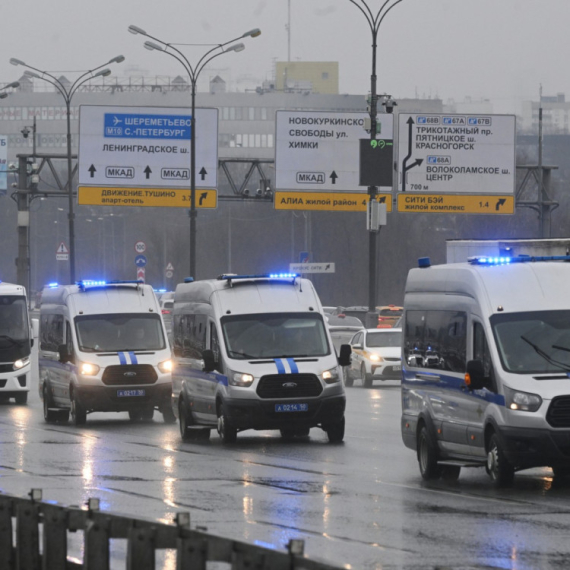
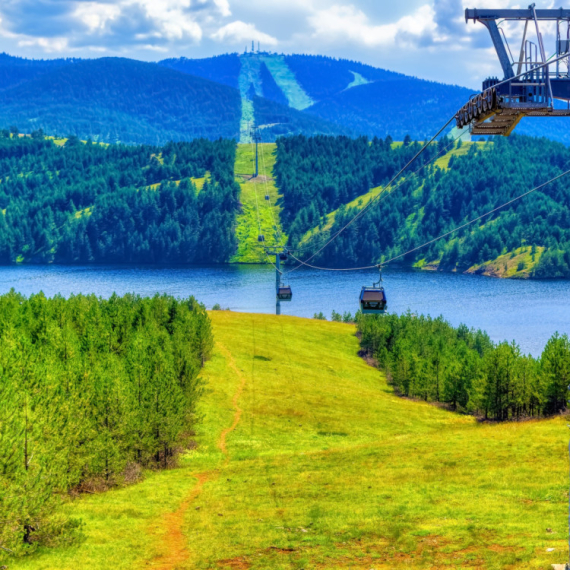
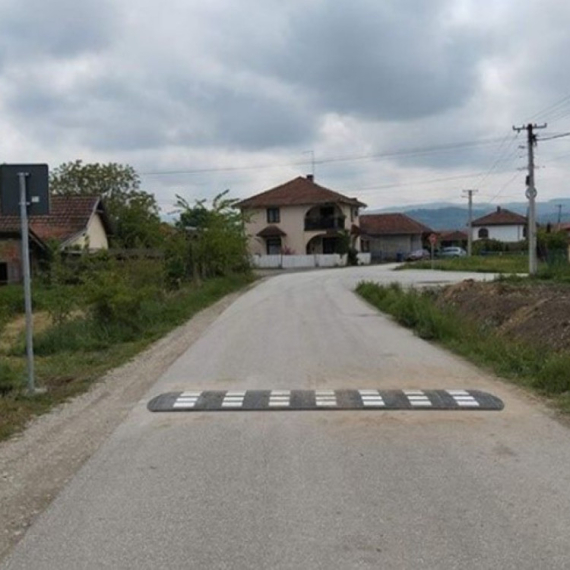
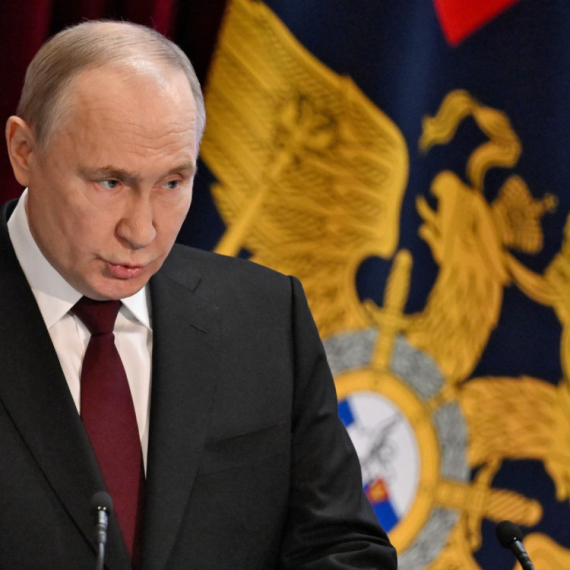
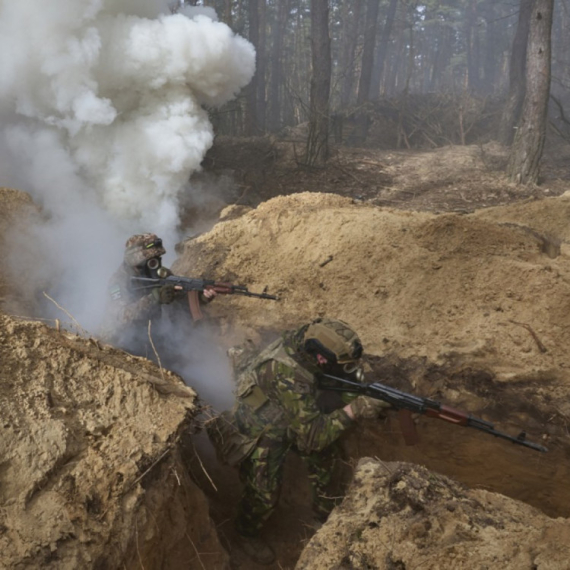

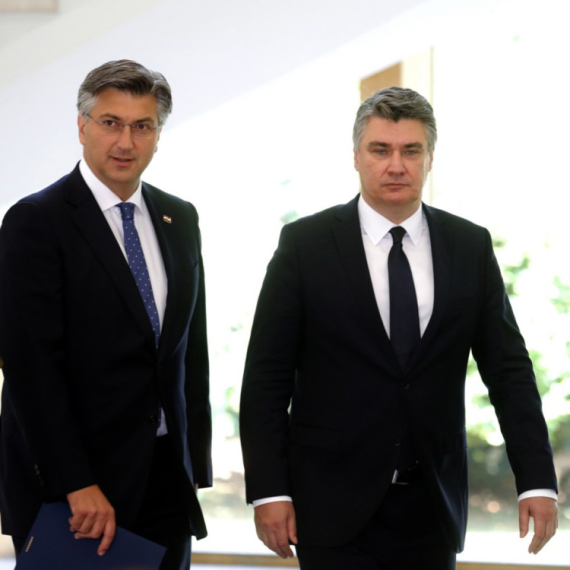
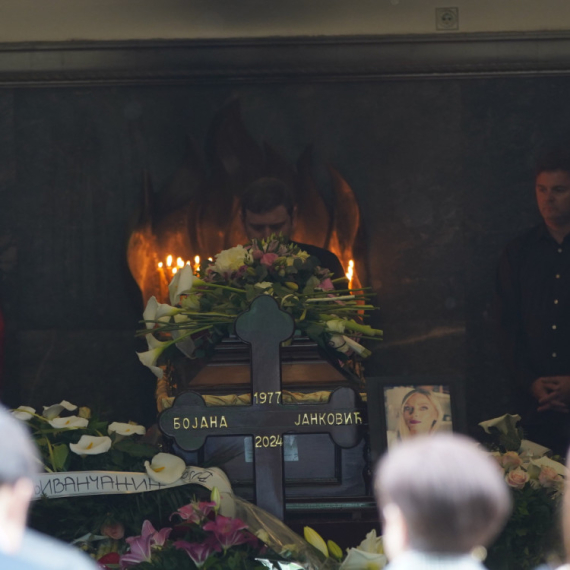
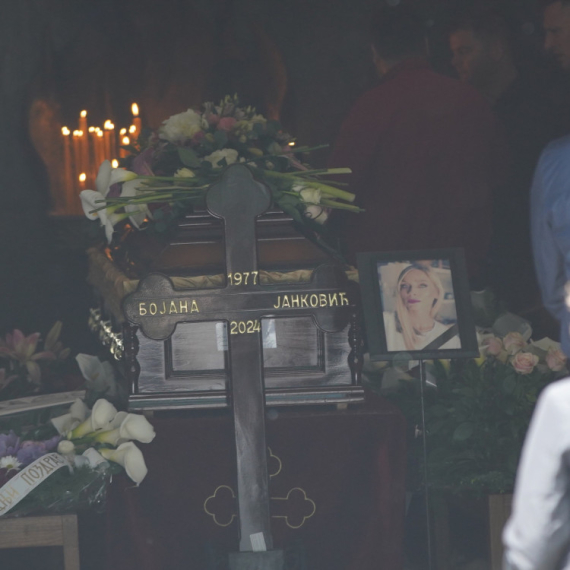


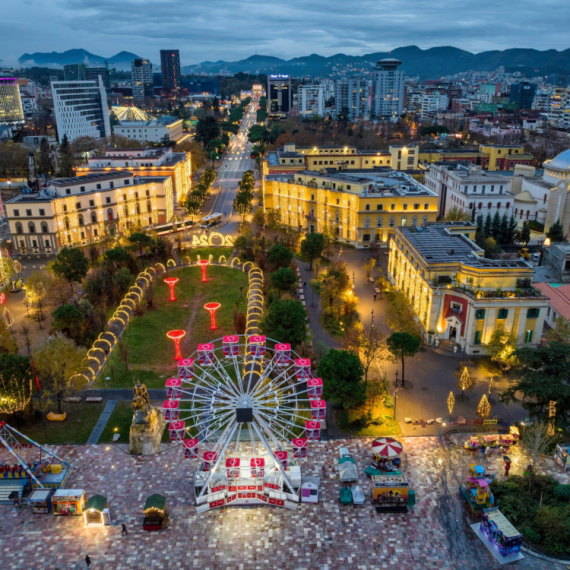




























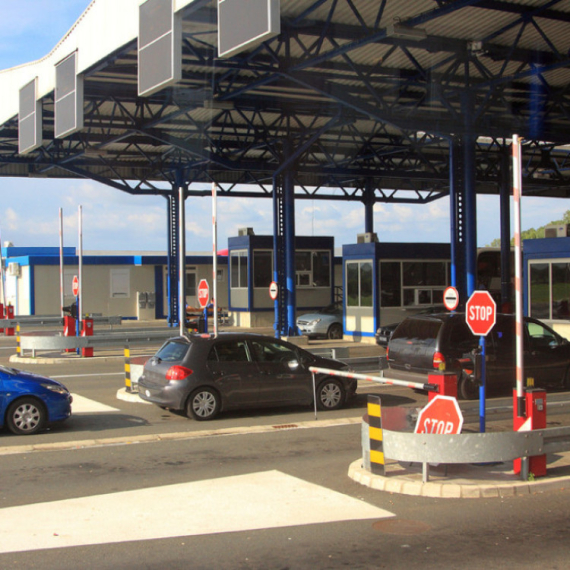




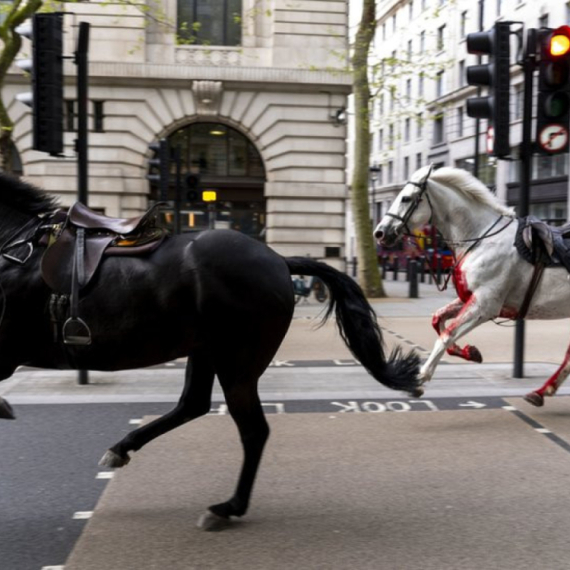

Komentari 1
Pogledaj komentare